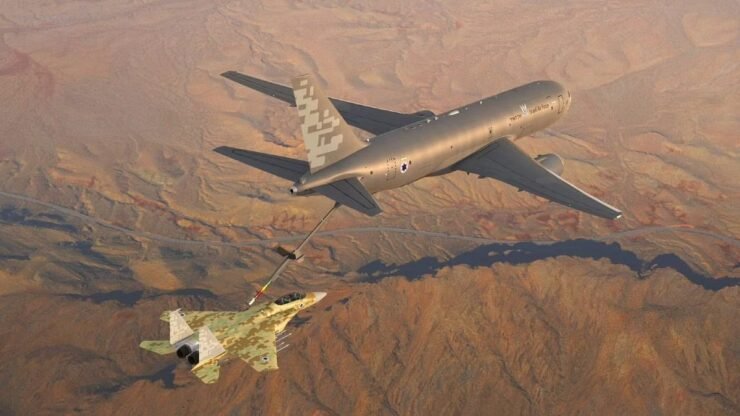
New Delhi: In a move to strengthen Indian Air Force and the country’s air defences, plans are on anvil to turn its Boeing 767 passenger aircraft into multi-mission military tanker transport aircraft which would focus on filling a critical mid-air refuelling gap.
State-owned aerospace firm Hindustan Aeronautics Limited (HAL) has already entered into a memorandum of understanding with Israel Aerospace Industries (IAI) for the conversion initiative.
According to media reports, a total of six Boeing 767 commercial aircraft will be transformed into fuel tankers with cargo and transport capabilities. The conversion is seen as a feasible move since Boeing owns a specialized tanker aircraft called the KC-46 Pegasus, which is a 767 variant.
“It is much cheaper to convert passenger aircraft into tankers rather than buy new ones,” sources said.
India is seeking to partner with IAI for the program because of its expertise in turning passenger aircraft into cargo and tankers.
Mid-air refuelling is considered a key capability for any armed forces because it can increase the speed, range, lethality, flexibility, and versatility of combat aircraft. However, despite its significance, the capability remains a huge problem for the Indian Air Force. It currently has six Russian IIyushin-78 tankers, but they are facing maintenance and serviceability issues.
Efforts to purchase new mid-air refuellers from either Boeing or Airbus have been underway, but deals have yet to be finalized. India is also looking to lease an A330 multi-role tanker transport from France for a limited period under a government-to-government deal.
Meanwhile, the signing of the memorandum of understanding between HAL and IAI is seen as a major setback for Airbus since it is a frontrunner in India’s initiative to acquire new mid-air fuel tankers.















